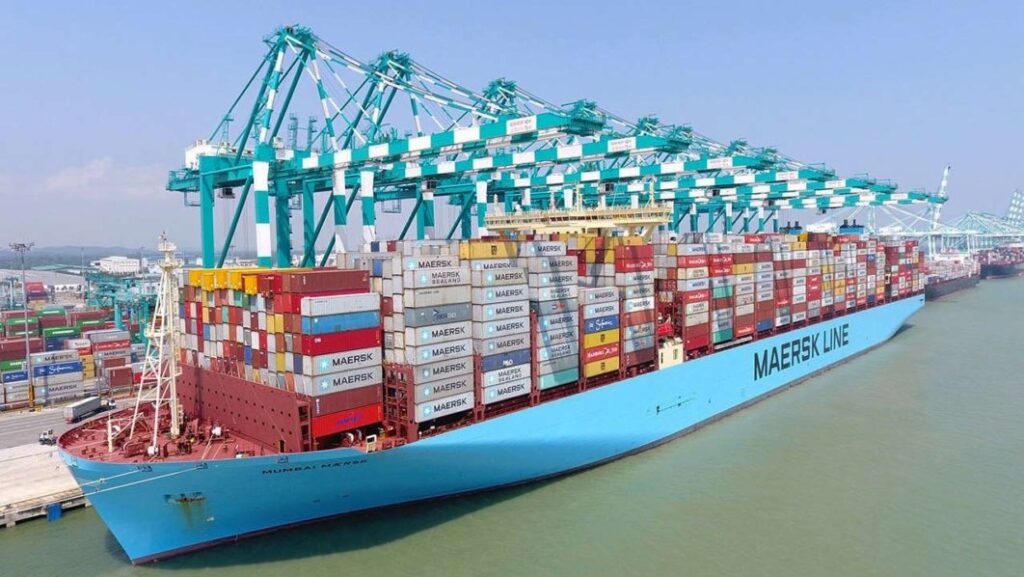
Despite a 50% surge in vessels powered by alternative fuels in 2024, Nigerian shipowners remain behind in the global decarbonisation effort. Most of the new vessels are engineered to run on liquefied natural gas (LNG), yet even as Nigeria stands as a major LNG exporter, its local operators have struggled to tap into the growing market for LNG-powered shipping.
Industry experts point to limited investment, outdated fleet technology, and challenging regulatory frameworks as key factors in this lag, raising concerns that Nigeria may fall further behind in the race toward greener, more efficient shipping and ultimately lose its competitive edge internationally.
In contrast, Ghana is taking proactive steps by developing its National Action Plan (NAP) to reduce greenhouse gas (GHG) emissions from shipping, in line with the International Maritime Organisation’s (IMO) GHG Strategy. Spearheaded by the Ghana Maritime Authority in collaboration with the IMO’s GreenVoyage2050 Programme, the NAP is designed to lower emissions, promote sustainable shipping practices, and strengthen the maritime sector’s resilience.
At a recent event in Qatar, IMO Secretary-General Arsenio Dominguez described LNG not only as a transitional fuel but as “a fuel in transition,” highlighting the need for the industry to address technological challenges and reassess LNG’s evolving role in decarbonisation. He applauded Qatar’s Hamad Port for its commitment to environmental monitoring—tracking emissions daily across its operations—and confirmed that the IMO is on schedule to introduce a regulatory framework to back global shipping’s decarbonisation goals. According to Dominguez, this progress aligns with the Revised Greenhouse Gas Strategy, with mid-term measures set to be finalized at the MEPC 83 meeting in April 2025, followed by formal adoption later that year.
Addressing the economic dimensions of decarbonisation, Dominguez emphasized the importance of ongoing dialogue among IMO member states and industry stakeholders, noting that such conversations are crucial to balancing economic concerns with environmental targets. As regulatory pressures intensify, he urged the shipping industry to accelerate its transition toward greener maritime operations in order to align with the IMO’s decarbonisation roadmap.

